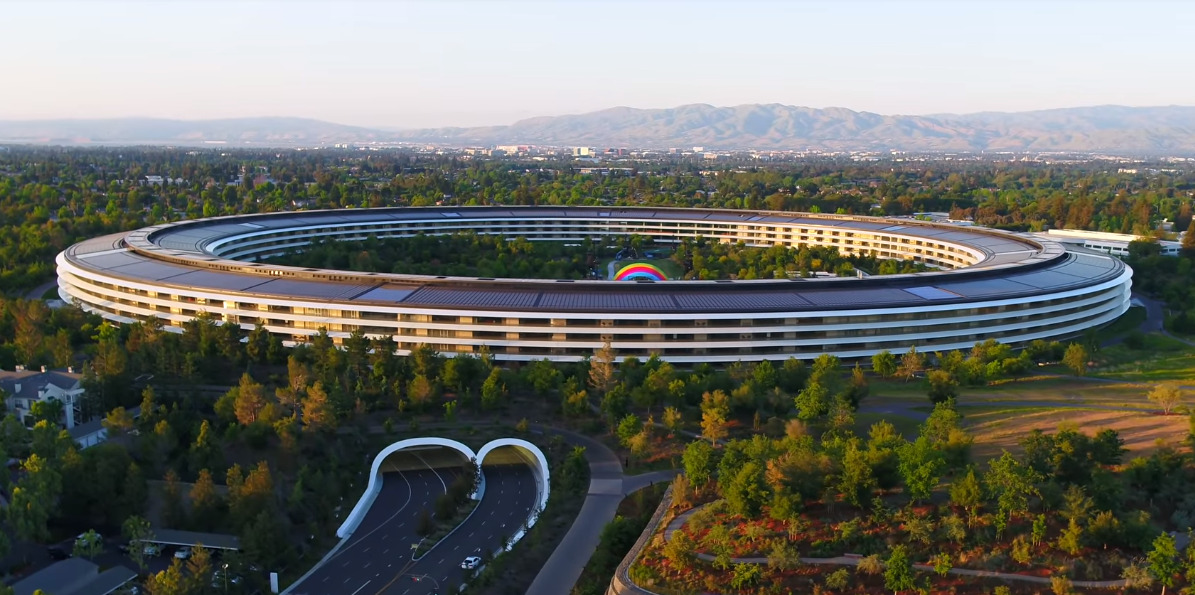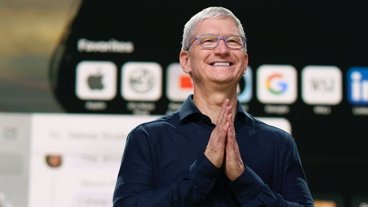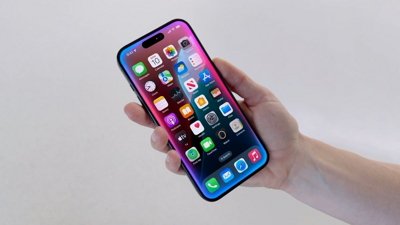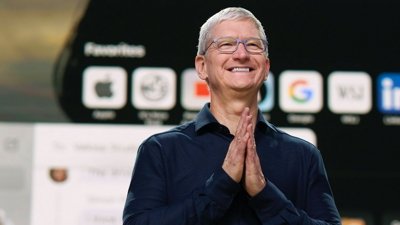Representatives for Apple, Amazon, Facebook, and Google have been asked to testify in front of the U.S. House Judiciary Committee's antitrust panel on July 16, addressing worries of diminishing competition amidst the mega corporations.
Speaking for Apple will be Kyle Andeer, VP for corporate law and its chief compliance officer, according to the Washington Post. In the past the company has sent other high-profile executives to federal hearings, among them CEO Tim Cook, who in 2013 defended the company's use of overseas tax loopholes.
Also in attendance will be Amazon associate general counsel Nate Sutton, Facebook head of global policy development Matt Perault, and Google director of economic policy Adam Cohen.
The Department of Justice is eventually expected to launch formal antitrust investigations of companies like Apple and Google, which are already facing accusations elsewhere.
Apple, for instance, is dealing with multiple U.S. lawsuits over the App Store. The company has sole control over iOS distribution, and typically takes a 30% revenue cut — together, plaintiffs say, those facts translate into artificially inflated prices for consumers and tougher conditions for developers.
Spotify recently filed a complaint with the European Commission, charging that Apple has made it difficult for third-party music services to compete. This is not only because of its revenue cut, but because Apple Music enjoys platform integration other services can't access — HomePod owners, for example, can't set Spotify as their default service or control it with the same level of Siri commands Apple Music offers.
Apple has denied any accusations of monopolistic practices, for instance claiming that developers are paying for a package of services when they split their revenue.
 Roger Fingas
Roger Fingas




-xl-(1)-xl-xl-m.jpg)



 Marko Zivkovic
Marko Zivkovic
 Amber Neely
Amber Neely
 William Gallagher
William Gallagher

 Sponsored Content
Sponsored Content

 Malcolm Owen
Malcolm Owen
 Mike Wuerthele
Mike Wuerthele







11 Comments
Getting the courts to clarify what's legal when there is legal uncertainty is always welcome regardless of what the issue is or what side you fall on. Especially the US Supreme Court.
Apple could just not sell music in their store. Period. Since Apple Music is a part of the OS and updates via iTunes or the cloud and has its own store...they could force competitors do something else, but they won’t. They want Apple to create a viable platform for free. Something they don’t have to do. If it is not profitable enough, they will kill it or let it die on the vine.
Apple sold music long before Spotify existed. Spotify is free to make their own phone ecosystem. Frankly Spotify isn’t in much of a place to claim that Apple is anti competitive given that Spotify is the market leader, and the HomePod is a niche device.
As as far as the sole control over apps sold thing. This has always been about ensuring that malware stays off the platform. Apple’s 30 percent cut was widely known when Spotify was being made. Besides they’re currently the market leader and don’t allow people to sign up through their app anymore.
Apple wants to keep a thousand different apps from constantly begging for your credit card information, and that’s a good thing!
Also the App Store doesn’t drive up prices for consumers. They’d just need to point to Procreate verses Photoshop. You can get apps for insanely cheap on the iPhone and iPad. Far cheaper than you can when they’re sold directly from the developer.
The I. Q. of the current Congress is so low, and the ability to discern right from wrong is so far gone, that this hearing legit concerns me.
Facebook is an obvious target.
But Apple? The one who tries the hardest to do right? Come on.
Apple saved the music industry from pirscy with it’s fompelling iTunes/iPod combo. It’s a winning solution. And they’ve been doing that same thing ever since. Only now, they’ve responded to competitors by jumping into the subscription ocean. They’re allowed to do that. And if more people like them over the competition, guess what? WE are allowed to do that too.
Now they are saving customers from hacks hacks and malware with vetted apps through their store.
Mob the phone side, that’s a necessity.
On the personal computing side, it’s a great option.
There is literally nothing to go after Apple about.